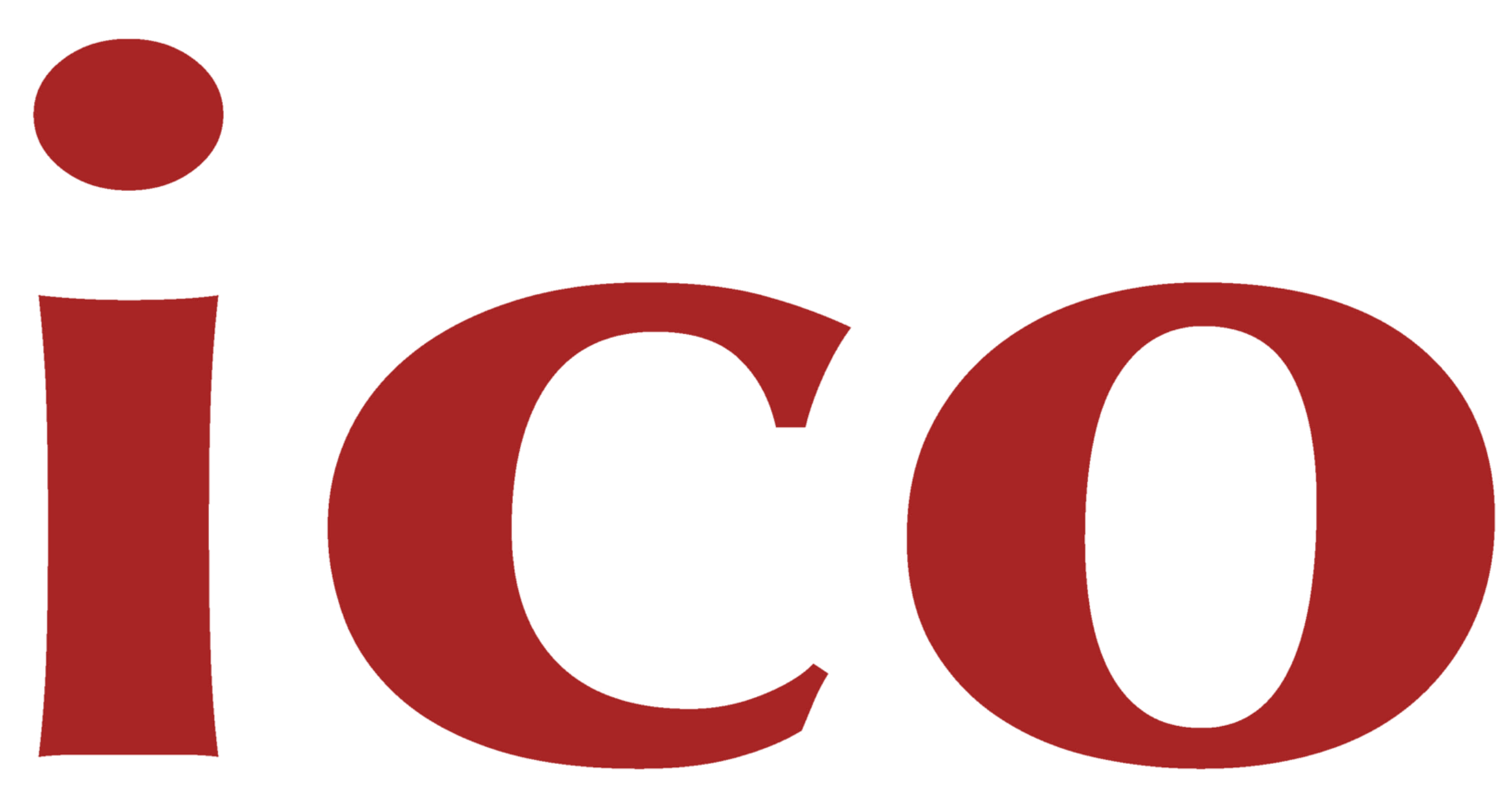25-MQL-Advanced Masterclass Qualitative Research
Course coordinators:
Jasperina Brouwer, University of Groningen
Mayra Mascareño Lara, University of Groningen
This course is concerned with central questions, methodological approaches, and themes related to conducting qualitative research. In the meetings, the focus will be on: 1) constructing knowledge about theoretical aspects of designing and carrying out qualitative research; 2) developing skills related to data collection and analysis in qualitative in qualitative research and 3) the application in students’ own research projects.
Presentations by teachers and students are alternated with individual and group practical assignments, demonstrations, and discussions.
By the end of the course the students will:
- Develop an understanding about the theoretical paradigms, traditions and approaches to qualitative research.
- Develop an understanding of their positionality and situate themselves as insiders/outsiders in their current research projects.
- Develop skills in data collection through interviews and observations.
- Develop skills in data analysis through practical engagement with their own data sets.
- Develop knowledge and skills needed to establish trustworthiness in their own research projects.
- Develop an understanding of what constitutes good writing in qualitative research and how to advance the possibilities of getting their work published.
The course consists of four meetings of one day each.
- In the first meeting, we pay attention to different paradigms and philosophical issues related to qualitative research, positionality as well as issues related to quality.
- In the second meeting, the main focus will be on data collection methods, such as interviewing and ethnographical observations.
- The third meeting continues with the analysis of qualitative data and a workshop about triangulation of the data.
- During the fourth meeting, the participants will engage in an interactive lecture about what constitutes good writing in qualitative research, including tips and tricks for getting published based on the lecturer’s experiences as journal editors.
Following on that, in the last session of the day, the participants will present their overall assignment in a format of a round table.
A main thread underlying the course is the assignment in which students reflect on their own research project and a ‘qualitative’ dilemma in it.
Course objectives:
The objectives of this course are that participants
- ➢ can articulate and justify their understanding and use of different qualitative research approaches, and what counts as quality in different forms of qualitative research
- ➢ gain knowledge of, and practical experience with, several aspects of qualitative research, such as data collection methods, analysis techniques, writing and presentation.
Requirements: This is an advanced course, which is recommended for second or third year PhD-students who have basic understanding of qualitative research. Students bring in to class a sample from their own data set given that they will be offered opportunities to engage in data analysis.
Meetings
The course consists of four days in total.
During these days, presentations by (guest) teachers are alternated with group assignments or activities, demonstrations, and discussions. Students share their own experiences with their peers and with the instructors. The rationale of this student-centered approach is that students and instructors can learn from each other and ‘make the course together’.
Dates:
10-11 March 2025
31 March- 1 April 2025
Location: Vergadercentrum Vredenburg, Vredenburg 19, Utrecht
Participants prepare individually for each course day through readings. The content of the readings is not repeated in lectures during course days; instead it serves as the basis for the lectures and the practical assignments. During the last 30 minutes of each meeting, participants work on their assignment
Maximum number of participants: 24
Assessment:
The student completes the course when s/he demonstrates evidence of having read the articles, is present during the course, actively engages in exchanging and discussing ideas in the workshops and completes the individual assignments according to the guidelines.
